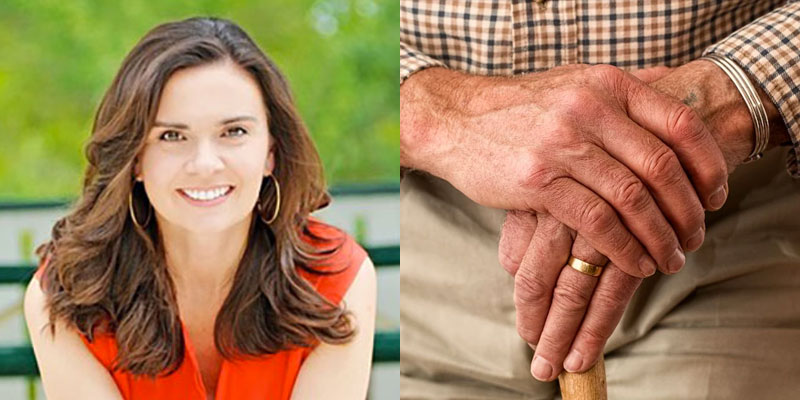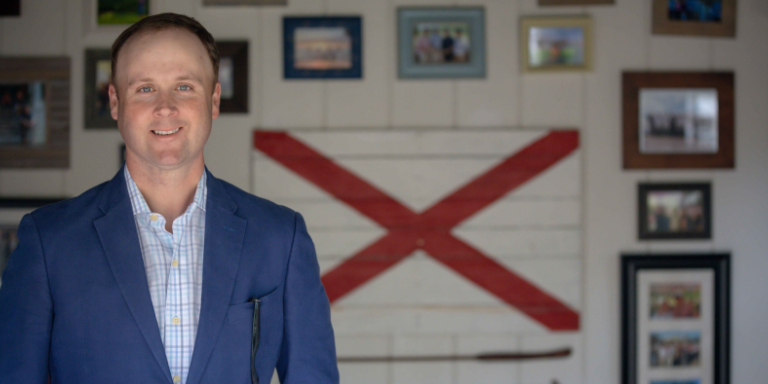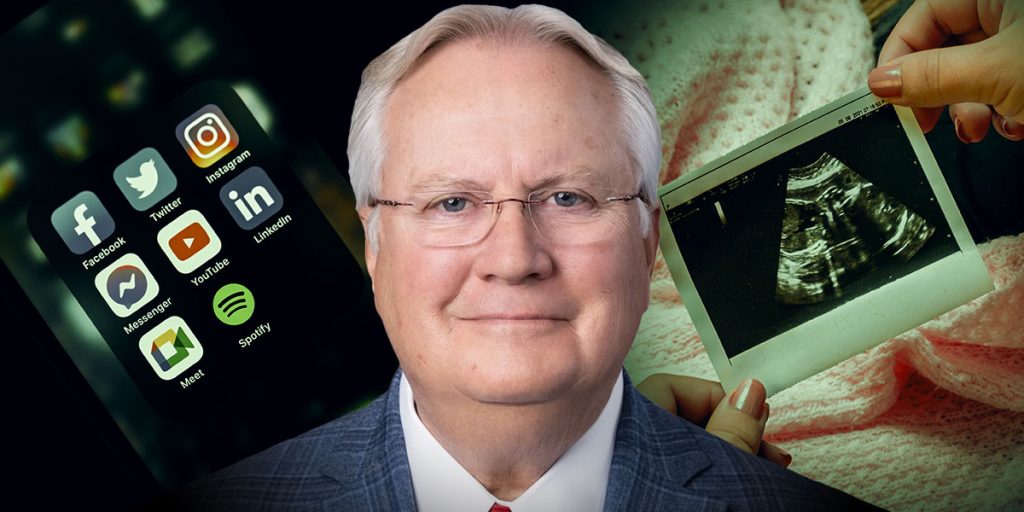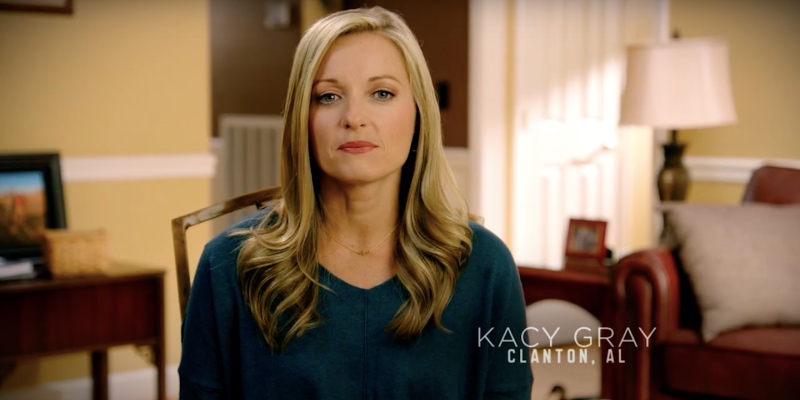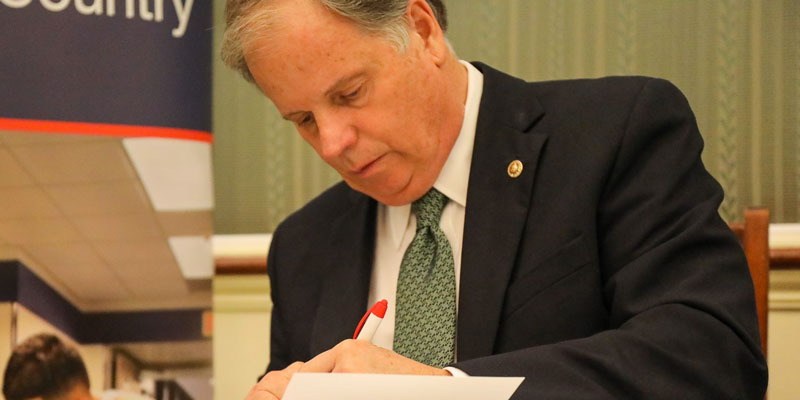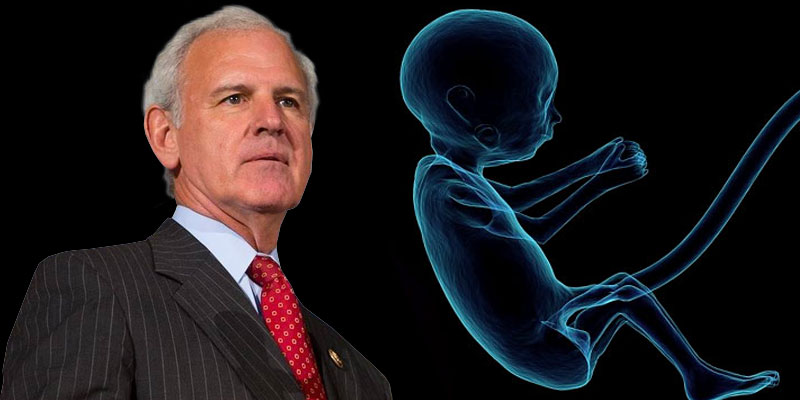For those of us who are pro-life, it’s easy to get in the habit of only thinking of this pillar of our values system in the context of abortion. But occasionally a crisis comes along to remind us that a biblical view of human life has far broader applications.
Such is the case with COVID-19.
It helps to walk it back to why we feel that life is sacred. For Christians, there are countless roadsigns in scripture pointing to God’s view of human life. We are created in his image. He is the author and giver of life. Each of us has such value in his eyes that he sacrificed his Son for us.
So we apply those truths to the unborn child and know beyond a shadow of a doubt that protecting that fragile life is the right thing to do.
The fundamental truths and logic don’t change when we consider the value of the lives of the elderly or the physically vulnerable. They, too, are created in the image of God and are precious to him. They have dignity and worth for this reason and more. Their lives are no less important to their Creator than yours or mine, or that of a child in the womb.
For these reasons, there is a distinctly biblical way to react to a time of global health crisis like the one we’re living in now.
A pro-life worldview doesn’t see the elderly as more expendable just because their earthly lives are nearing the end. I remember pro-life conservatives getting up in arms–rightfully–at the thought of “death panels” in the discussion preceding the passage of the Affordable Care Act. We were indignant at the thought of our healthcare system making purely pragmatic, financially-motivated decisions about when to allow a sick person to die.
By the same logic, there is no number of deaths from COVID-19 that are acceptable, or that should be received by us with casual indifference.
Beyond the biblical call to value human life, there is the very heart of lived Christianity: love of God, and love of neighbor. Christians should be the first in line to sacrifice convenience and personal liberty for the good of others. Social distancing is difficult because we are hardwired to desire the community. We need one another and draw strength and encouragement from one another in times of uncertainty.
Case in point: on the first Sunday after 9/11, churches across America were crushed with overflow crowds. Because of the fear introduced by terrorism, people instinctively clung to one another. We got together around dinner tables and backyard grills and just talked. We became much less hurried and more human in the space of a day.
The same kind of fear and uncertainty surrounds us now, yet we are simultaneously deprived of the comfort of community. But it is a deprivation that we can grit our teeth and get through if we try. The incentive to dedicate ourselves and our families wholly and immediately to social distancing is that the more aggressively we apply these practices now, the sooner we’ll get out of jail.
Consider the massive blessing of digital connectedness which makes our isolation more doable. Many of these platforms and technologies didn’t even exist 20 years ago. But today, a school system or a church can decide to deliver content without human presence and be up and running with the new system in mere days.
That’s amazing, and a sign that our God goes before us. None of this is a surprise to him.
So suck it up, buttercup. Being pro-life in 2020 is more than opposing abortion. It’s biting the bullet for the good of healthcare workers (who would love to go home and shut the door but can’t), for elderly friends, for kids and adults who look perfectly healthy but have weakened immune systems. And making your kids toe the line no matter how much they whine, too.
For the next few weeks, loving your neighbor with the love of Christ looks like staying home when you’re bored out of your skull. Die to yourself. Show your kids how to do the same. Our God is glorified when we love others in these ways.
Dana Hall McCain, a widely published writer on faith, culture, and politics, is Resident Fellow of the Alabama Policy Institute, a non-partisan, non-profit research and educational organization based in Birmingham; learn more at alabamapolicy.org.




